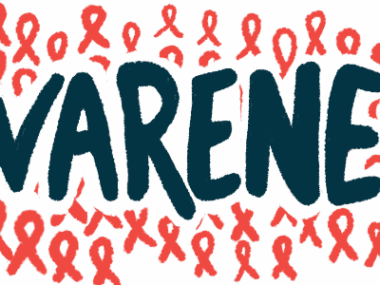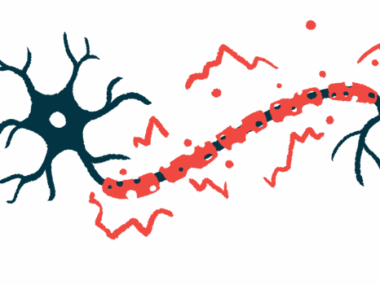CMT Association supporting work to identify more disease-related genes
$423,000 grant to Genesis platform to advance CMT diagnosis, treatment
Written by |

The CMT Association is investing $423,000 in the Genesis database to help improve diagnoses of Charcot-Marie-Tooth disease (CMT).
The investment, part of the association’s Strategy to Accelerate Research program known as CMTA-STAR, is intended to help researchers in identifying additional genes whose mutations are causes of CMT.
“This CMTA-STAR initiative builds on our existing partnership with GENESIS,” Katherine Forsey, PhD, the association’s chief research officer, said in a press release.
Half of diagnosed CMT patients lack a confirmed genetic cause
CMT is a genetic disease. Yet even though it’s established that CMT is caused by mutations, identifying specific gene alterations behind the disease has been a challenge for researchers.
According to the CMT Association, around half of people with a diagnosis of CMT don’t have a confirmed genetic diagnosis — in other words, it’s not clear what specific mutation is causing their disease. And when mutations are identified, the results aren’t always conclusive. Approximately half of mutations that have been linked to CMT are considered variants of uncertain significance, meaning there currently isn’t enough data to say for sure whether these mutations indeed cause the disease.
Identifying mutations at the root of CMT is important for facilitating diagnoses of the disorder. Knowing the underlying causes also is a crucial first step in creating treatments to address the defects.
The Genesis platform is a free, online tool that researchers can use to collect and analyze genetic data on rare diseases. Currently, the database houses around 2,500 genomic datasets related to CMT, and analyses using Genesis have helped identify dozens of CMT-causing genes. Research using the tool recently discovered a subtype of CMT caused by mutations in the SORD gene.
Genesis “has already led to the discovery of 30 CMT genes, including the transformative SORD gene,” Forsey said. “Expanding this resource isn’t just about solving diagnostic puzzles; it’s about delivering answers to families and equipping the community with knowledge that brings us closer to cures.”
The funding will help facilitate new analyses to make sense of complex genetic data. The effort will be led by Stephan Züchner, MD, PhD, an advisory board member of the CMTA-STAR program, and member of The GENESIS Project Foundation.
“CMTA has been an incredible partner in supporting the GENESIS genomic database and research platform, a game-changer for CMT genetics over the past decade,” said Züchner, a professor of human genetics and neurology at the University of Miami who co-founded the Genesis Project. “This project will expand GENESIS, improve diagnostic success for undiagnosed CMT, and empower researchers worldwide.”






